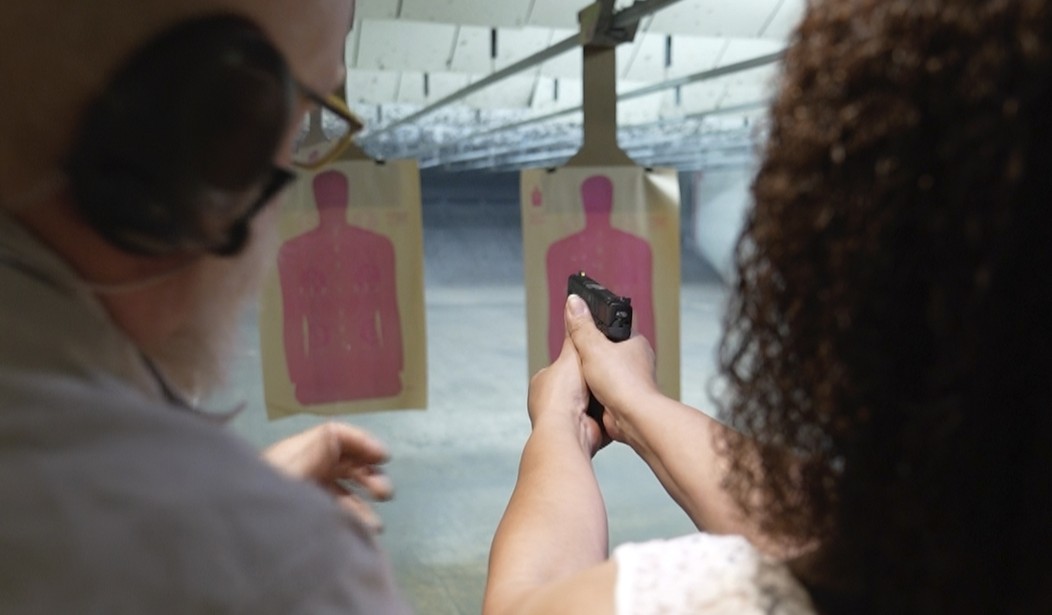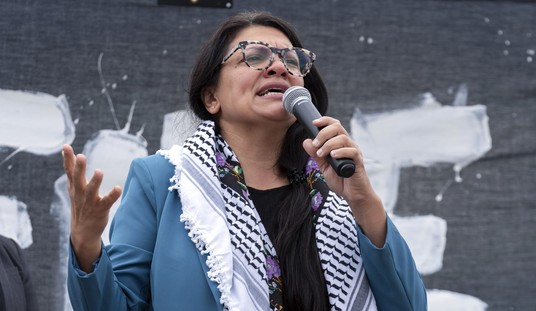The House on Wednesday voted to grant law enforcement officers national concealed carry rights. Yet, there is little movement on the National Concealed Carry Reciprocity bill touted by President Donald Trump and his allies.
In a 229-193 vote, the lower chamber passed the Law Enforcement Officers Safety Act (LEOSA), which would allow qualified officers to carry concealed firearms in areas where they might have been restricted previously. These include gun-free school zones, National Parks, and federal facilities. Police would also be exempt from local and state gun laws when using public transportation or property.
🚨BREAKING🚨
— Gun Owners of America (@GunOwners) May 14, 2025
The House just voted 229-193 to grant police special nationwide concealed carry freedoms that are still being denied to law-abiding Americans.
Last night, @WaysandMeansGOP voted to protect the NFA gun registration process for suppressors & short-barreled guns. pic.twitter.com/ciaLOBM568
The measure reforms firearms training and certification standards for retired law enforcement officers. It would provide more flexibility in how they can maintain their qualifications to carry concealed firearms. Instead of requiring testing by their former departments, they could be certified by any law enforcement agency or certified firearms instructor in their state.
If this bill passes, it will be great for police officers. But what about the rest of us? Why should government officials enjoy gun rights that the rest of us cannot?
Recommended
The Constitutional Concealed Carry Reciprocity Act was introduced in January, with several Republican lawmakers supporting it.
Republicans in the U.S. Senate and House introduced the Constitutional Concealed Carry Reciprocity Act, which President-elect Donald Trump has said he will sign.
Companion legislation was filed by senators and congressmen led by Texas and North Carolina Republicans with multiple cosponsors.
U.S. Sens. John Cornyn and Ted Cruz, both Republicans from Texas, Thom Tillis, R-NC, and Chuck Grassley, R-IA, filed the bill in the U.S. Senate, joined by 40 cosponsors. U.S. Reps Richard Hudson, R-NC, and Nathaniel Moran, R-TX, filed the companion bill in the House, which has more than 120 cosponsors.
Where in Article I of the U.S. Constitution is Congress granted the authority to:
— Doni 🤓🏴🏴☠️ (@DoniTheMisfit) May 16, 2025
Create nationwide concealed carry privileges for police only?
Enforce a federal gun registry under the NFA?
You have no authority. You're acting outside your jurisdiction.
Congress is also… https://t.co/bZy7PIRmM7
The House Judiciary Committee advanced the bill to the floor on March 25 in an 18-9 vote. But there has been no movement since then. The question is: Why? Civilians need to be able to defend themselves just as much as police officers. Moreover, there should be no need for such a law in the first place. “Shall not be infringed” means what it means, does it not?
Still, the National Reciprocity Act is a step in the right direction, even if we shouldn’t need the government’s permission to exercise our right to keep and bear arms. Indeed, I would prefer Rep. Thomas Massie’s (R-KY) National Constitutional Carry Act, which would mean state and local governments can’t require American citizens to obtain permits to carry firearms.
Nevertheless, Trump promised on the campaign trail that he would see to it that the reciprocity legislation is passed. He cannot keep his promise if the Republican-controlled Congress doesn’t take action.
The prior four years under the Biden administration brought a barrage of attacks on the Second Amendment. It’s time for Republicans to do what they claim they will do and step up to protect gun rights instead of bowing to pressure from the anti-gunner lobby.

























Join the conversation as a VIP Member